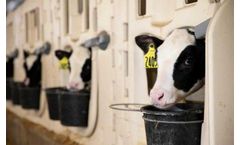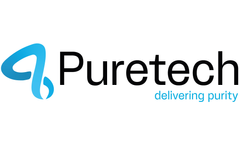Veterinary Products Articles & Analysis
6 articles found
They are critical because they determine the efficacy and safety of the final veterinary drug product. Due to their direct impact on animal health, the quality and consistency of veterinary APIs must meet stringent regulatory standards. High-quality veterinary APIs translate to reliable medications, which in turn ensure the ...
Apart from improving animal health and productivity, veterinary vaccines have a significant impact on public health through reductions in the use of veterinary pharmaceuticals (e.g., antibiotics) and hormones and consequently their residues in the human food chain. ...
ByNuvonis
Creating lifelong immunity in baby calves has never been more important. A proactive approach to health, nutrition, and management is a must from day one. Having a proper program in place not only improves the health of the animal, it can improve resilience to stress and disease. By implementing adequate colostrum protocols, feeding a consistent diet of whole milk or milk replacer, and ...
Registration of veterinary medical products (VMPs) includes the provision that field tests may be required to assess potential non‐target effects associated with the excretion of product residues in dung of treated livestock (Phase II, Tier B testing). ...
The Australian Pesticides and Veterinary Medicines Authority (APVMA) published on July 6, 2015, the final report entitled Nanotechnologies for pesticides and veterinary medicines: regulatory considerations. According to the report, its objective is to highlight the regulatory issues that need to be considered when bringing agricultural or ...
Novartis’ animal health manufacturing facility produces veterinary products for the UK and international market. Novartis committed to a £5 million investment in the site to ensure that it is a Centre of Excellence for the production of non-sterile liquid manufacturing within Novartis Animal Health. ...






